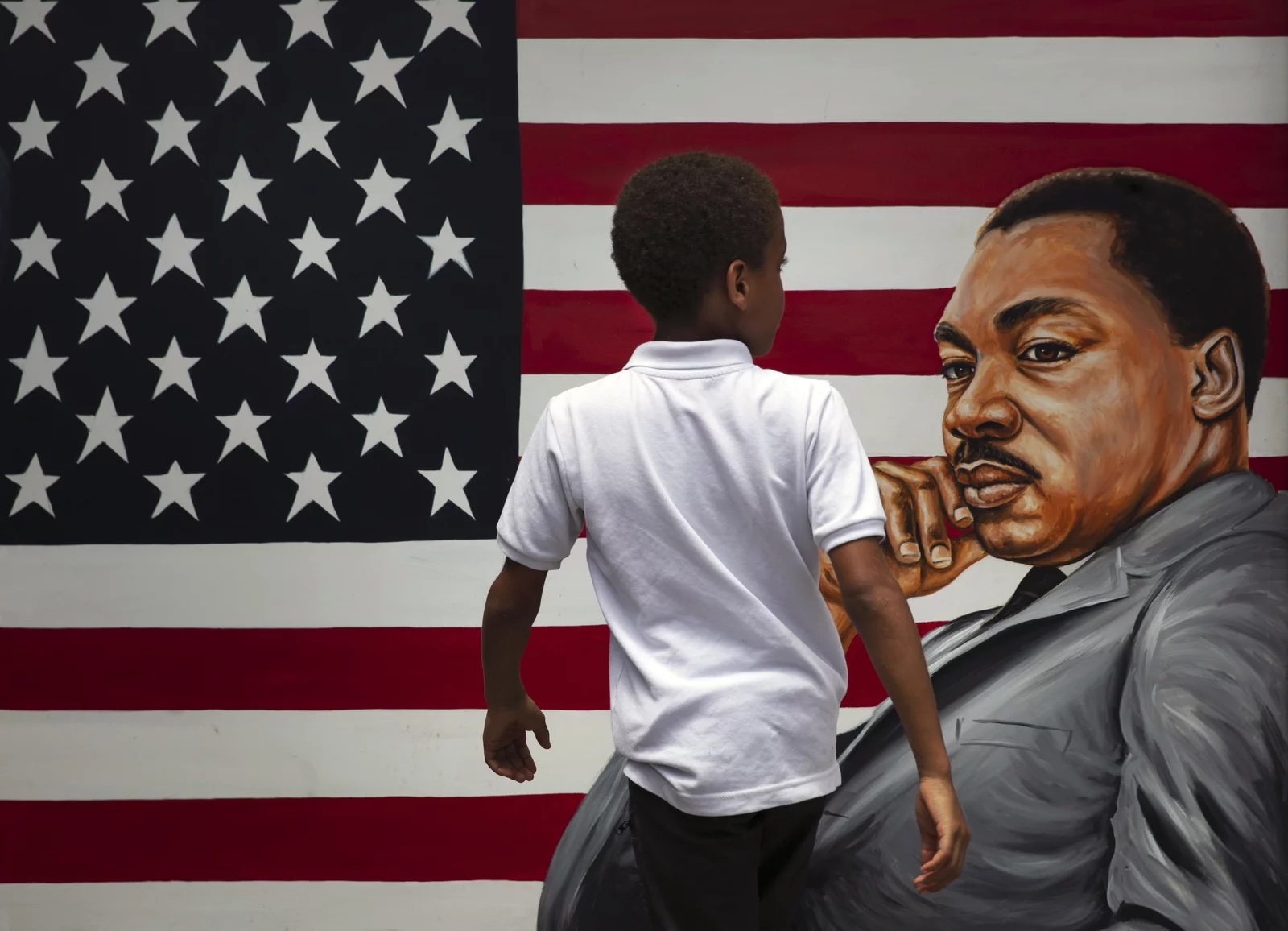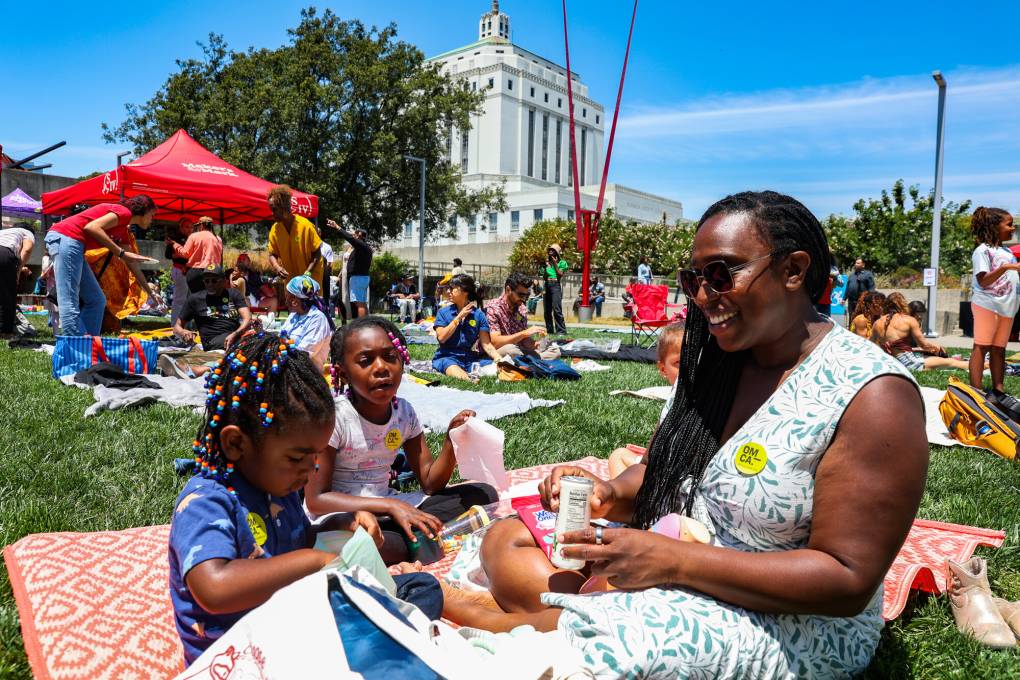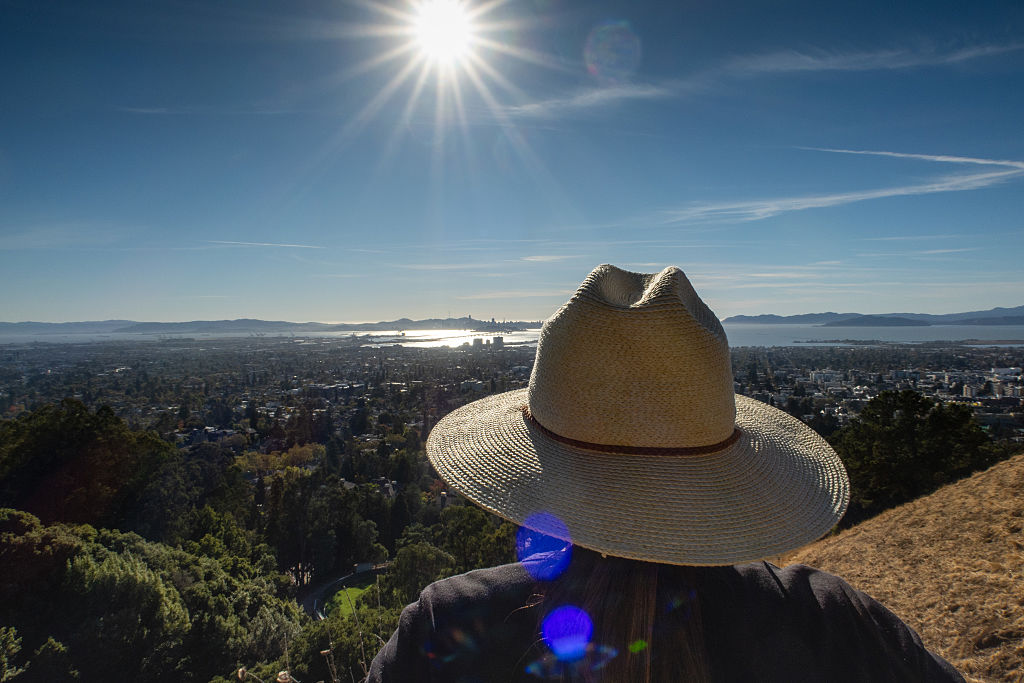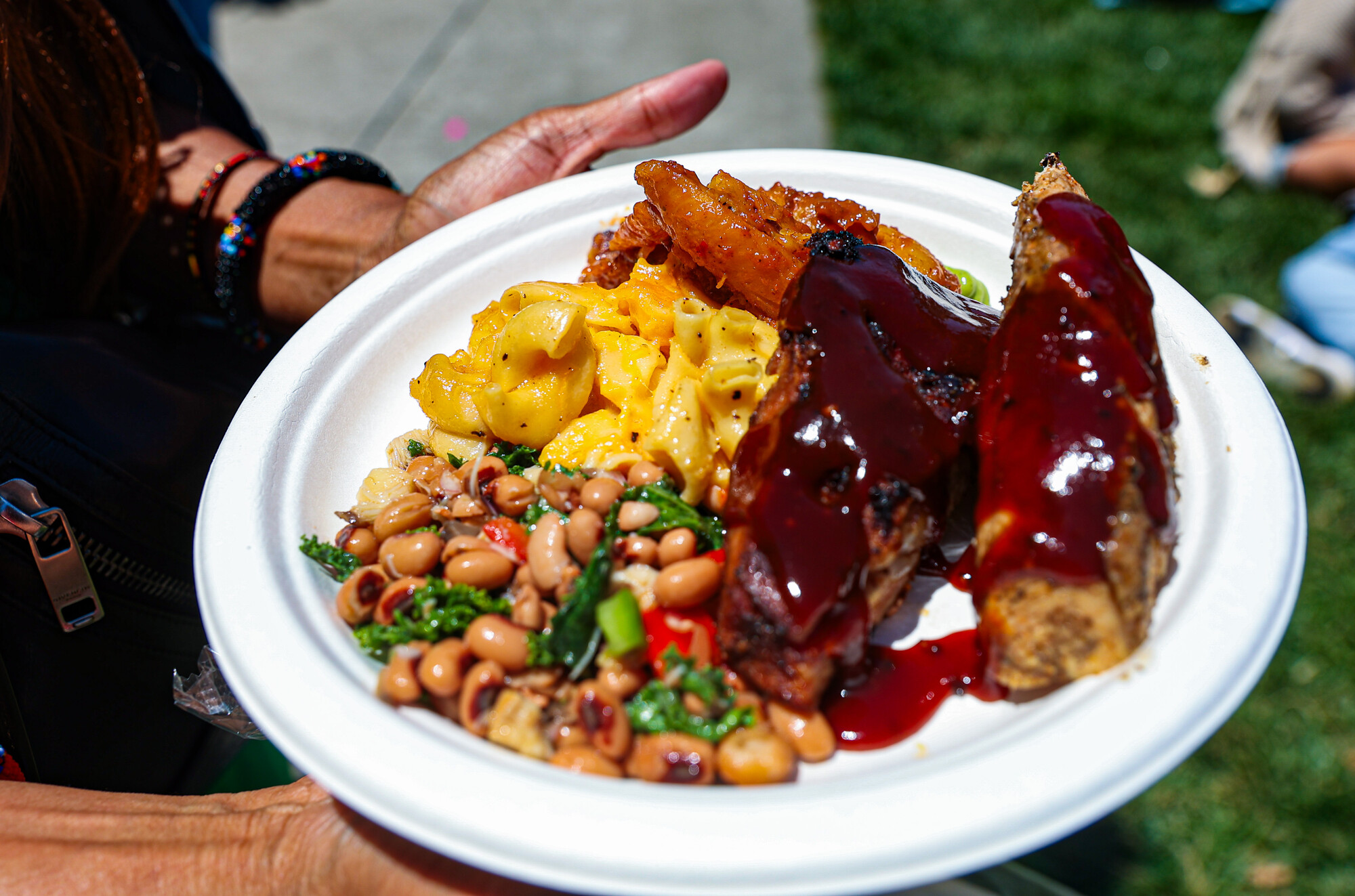Celebrations of the holiday started out regionally in Texas, but as Black Americans spread out across the United States, they brought their traditions with them, including remembrances for one of the final vestiges of chattel slavery.
“You could say that Juneteenth had a renaissance, largely because when World War II was over and soldiers came home, it was the second Great Migration. People started traveling from various points in the South to points in the North and points in the West,” Wilson said.
“During the Civil Rights Movement in the 1960s, with civil rights and also with the Black Power movement, Juneteenth became a symbol of strength as well as a symbol of triumph for African Americans.”
Widespread recognition of the holiday was slow moving. For years, it was a relatively obscure holiday celebrated among Black people with little acknowledgment or understanding from outside cultures and communities.
“I’m sure there’s a ton I’m totally unaware of on African American history in the U.S.,” said Alex Markle.
Markle and his fiancée were visiting the National Mall in Washington, D.C., during the long holiday weekend and said it wasn’t until he was in his 40s that he learned about Black history events like Juneteenth, Black Wall Street and the Tulsa Race Massacre.
“That was kind of shocking that like a big piece of American history was something that I had never learned about and was unaware of that much of my life.”




